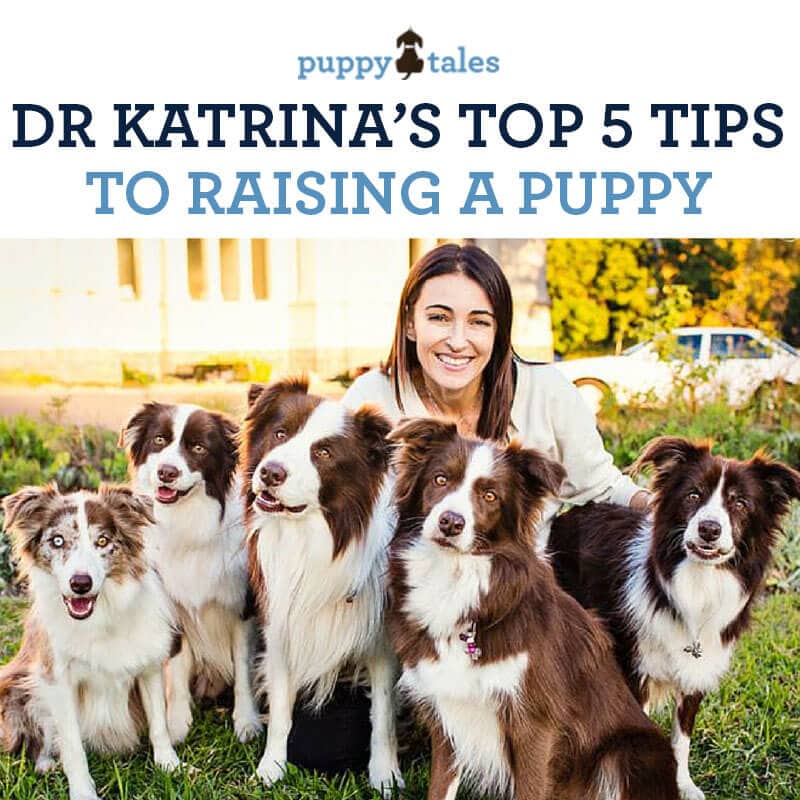There’s nothing quite like the fun and delight of a new puppy.
Choosing a four-legged family member and bringing them into your home is an exciting time.
Right from the start, thoughtful care and management is really important; your actions in the first few months will influence your puppy’s behaviour for life.
You need to be realistic – it will be fun, but it will also be messy, it will require extra effort and you will need to take every opportunity to set your puppy up for success.
TV Veterinarian, Dr Katrina Warren, has some helpful hints to help you on your way to a long and rewarding relationship with your new friend.
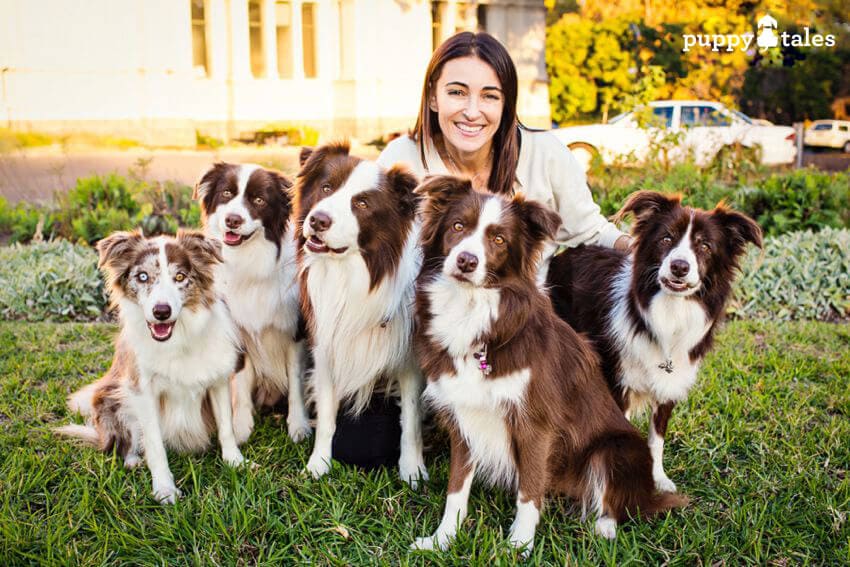
1. Socialise your puppy
Socialising is simply a term for activities that introduce your puppy to a wide range of positive experiences in a safe environment so that they learn how to be a confident, friendly, and relaxed dog. Well socialised puppies grow up to be great pets. Puppies that have negative experiences or are isolated are more likely to be fearful and/or aggressive as an adult.
Up until about 18 weeks of age is the most important developmental period in your dog’s life. During this time it is crucial to socialise your puppy by exposing them to as many people, places and ‘things’ as possible – other animals, children, trucks, cars, skateboards, veterinarians, slippery floors, loud noises etc.
This is also a very important time to expose your puppy to enjoyable experiences with children. A negative experience at this age may affect your pup for their entire life, so active supervision around kids is the key.
Puppy Tales has a great Socialisation checklist to help get you started:
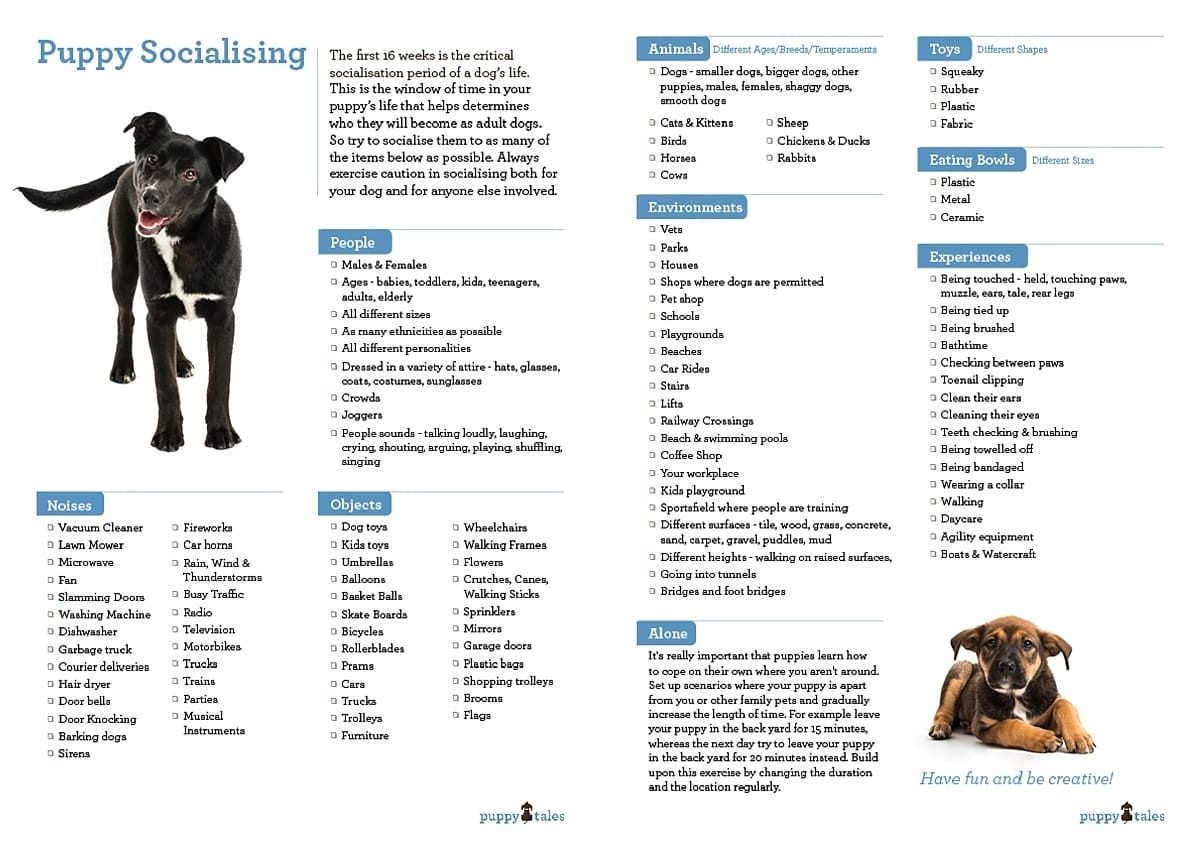
You may not be able to socialise them as a puppy to everything that they will come across in life but why not make it a challenge to see how many you can check off.
2. Handle your puppy
Teaching your puppy to enjoy being handled and touched everywhere on their body is very important. It’s much easier to own a dog that actually enjoys having their feet touched, their ears examined and being groomed.
Begin by rewarding your puppy with yummy treats every time you touch/handle them in different areas. For example gently touch your puppy’s tail and give them a treat, touch the puppy’s foot and give them a treat. Reward the puppy whenever they display relaxed behavior. The aim is for the puppy to enjoy this intrusion into their personal space.
3. Enjoyable alone time for your puppy
New puppies need lots of companionship, training and playtime with you, but it’s also very important for them to enjoy spending time on their own. Preparing your puppy for inevitable periods of time being left by themselves is important; puppies need to learn how to occupy their time when home alone right from the start.
Puppies are very cute and there is often a temptation to carry them from room to room or let them follow you around all day, but this is not good for your puppy (or you) as they may eventually develop a dependency on human company and become anxious and destructive when left alone.
A puppy pen may be used for confinement when you cannot supervise your puppy. This will help keep them out of mischief and prevent them from destructive chewing, digging mistakes and toileting in the wrong place.
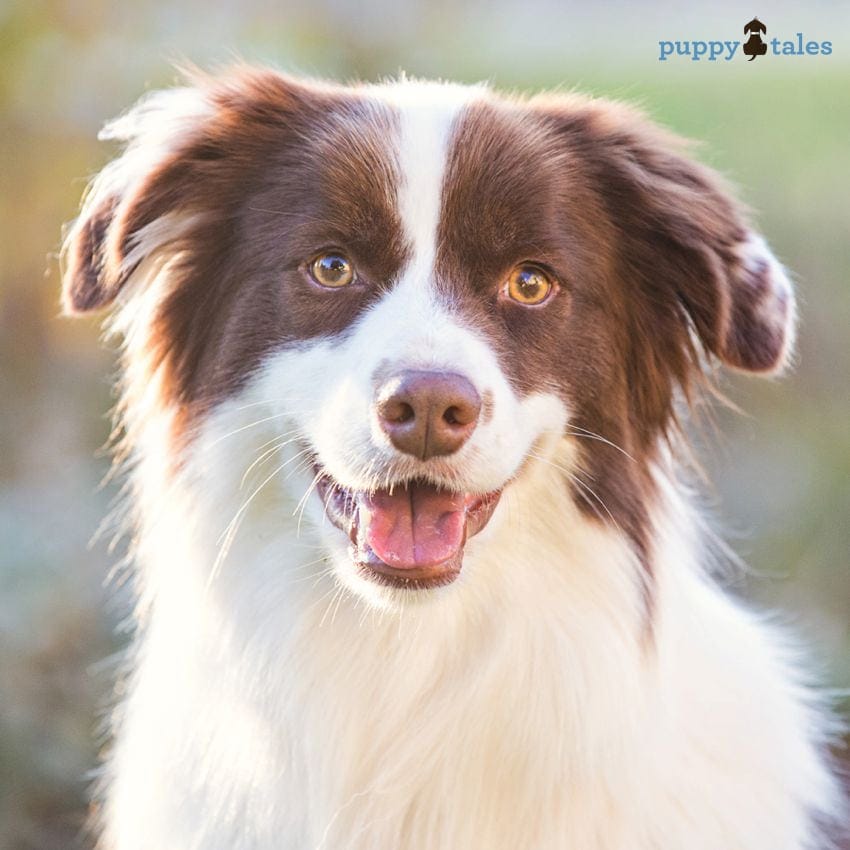
4. Safe chew toys for your puppy
Puppies like to chew and if you don’t provide them with chew toys they are more likely to chew inappropriate items, like your furniture. Chew toys need to be made of materials that your puppy is unable to bite off or destroy easily, as these can pose a choking hazard. Ensure all toys are of suitable strength/size for your puppy. Some puppies have stronger jaws than others and while soft stuffed toys might be suitable for some smaller breeds, they may be unsuitable for bigger puppies.
Be sure to rotate the chew toys regularly to maintain your puppy’s interest.

5. Continue training your puppy
Most vets and many private trainers offer socialisation classes for puppies. Well run classes are a great way to introduce your puppy to other pets and people and to establish basic obedience. Whilst most owners appreciate the necessity of training young puppies, many don’t realise how valuable on-going training can be.
Dogs, like humans, experience behavioural changes during adolescence. Problems often arise when puppies become adolescents from 6 – 18 months of age.
Common problems include jumping up, pulling on the lead, barking, food bowl aggression, chewing and digging. It’s important for you to continue training your puppy after the completion of puppy classes. Five to ten minutes a day will help to reinforce trained behavior and provide mental stimulation for your puppy. This can make a huge difference to your dog’s behavior and help prevent problems.
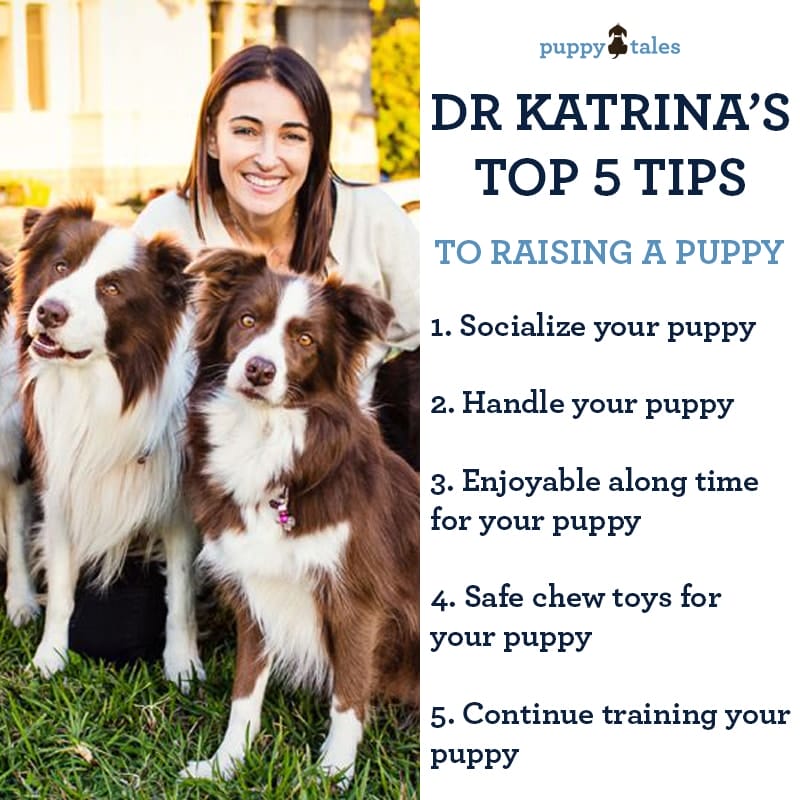
Raising a puppy is fun and rewarding. Putting some serious effort into the early stages will provide enormous benefits in the longer term. Early socialisation combined with consistent supervision and training should result in a friendly, well behaved four-legged companion for life.

Dr Katrina Warren
Dr Katrina is a veterinarian with many years experience as a successful television presenter. She’s appeared on TV shows Totally Wild, Harry’s Practice and more recently as the resident vet on the Today Show. Together dog trainer, Kelly Gill, she’s travelled Australia to pet expos and events with the team of Wonderdogs providing entertainment and education for the public.

